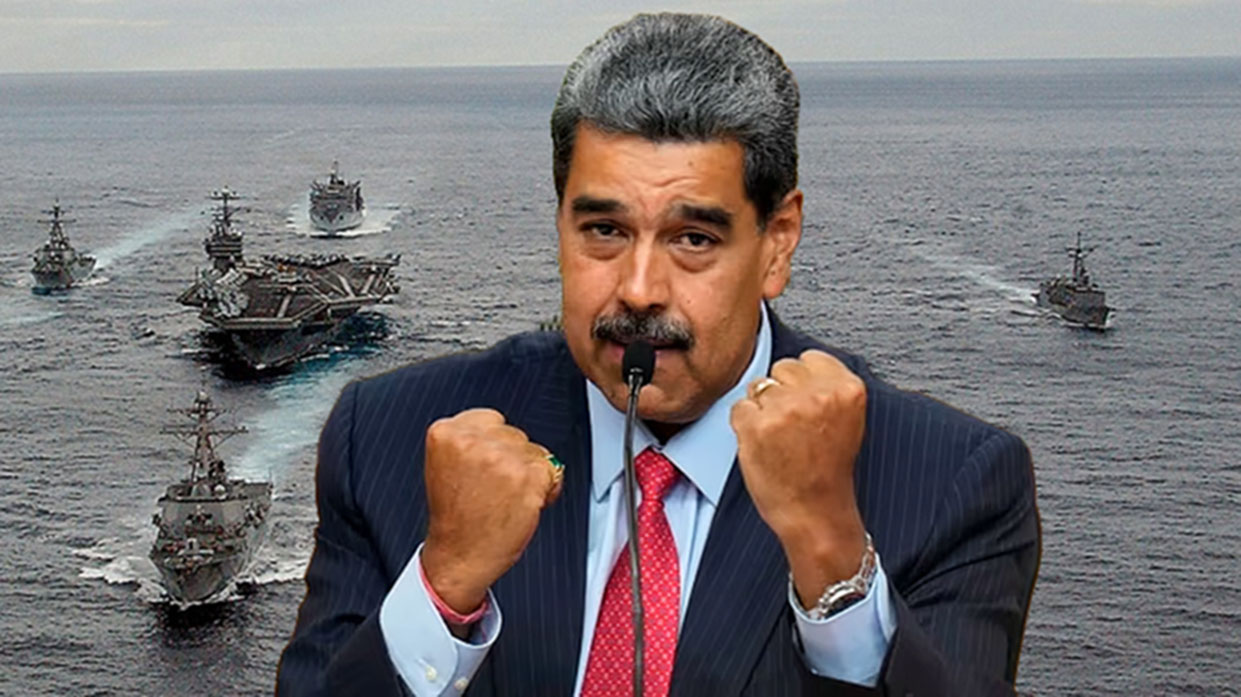Two men lived through a U.S. strike near Venezuela. Their voices, and the voices of the coast, start to surface.
3 Narratives News | October 17, 2025 (Pacific Time)
Night water, a broken hull, the thud of rotors. A sailor leans over a railing and hears the first words. “Help,” a man says in Spanish,
“agua por favor.”
The men are pulled up alive. On deck, one whispers through chapped lips, “We left before dawn, we did not think we would die.”
U.S. forces struck a suspected smuggling vessel in the Caribbean Sea near Venezuela on October 16, according to U.S. officials. Two survivors were taken into custody on a U.S. Navy ship. Reporters were not present. Prior strikes left no survivors, with at least twenty seven deaths reported since early September. Venezuela has asked the United Nations to condemn the attacks and to affirm its sovereignty.
For deeper background on the policy turn, see our earlier report: The President or the Cartel: Trump’s Shadow War in Venezuela.
Narrative 1 — Washington’s Case
In Washington, the strike is evidence. Officials say the vessel was built to move cocaine quietly. They point to its low profile and cramped interior. A U.S. official says, “This was a semisubmersible, it was not a fishing boat.”
President Donald Trump uses a plain phrase. “We attacked a submarine, a drug carrying submarine,” he says. He calls the mission lawful. He says the men who build and sail these vessels “threaten American families” and “work with a criminal state.”
Inside the Pentagon, lawyers speak in careful terms. A former Air Force legal official says the men are not prisoners of war, but must be treated humanely, and could face charges in civilian court if evidence exists. Another defense official says, “The priority is security, then screening, then prosecution if warranted.”
On the Hill, some lawmakers ask about authorizations. A committee member says, “Our job is oversight, and we want the rules on the record.” The administration replies that the targets are “narcoterrorist networks,” and that the law allows interdiction far from shore when there is a threat to the United States.
“This is not diplomacy,” a senior official says, “this is enforcement at sea.”
Sourcing: Survivors held aboard a U.S. ship and first survivor reports, Reuters; first strike with survivors, Reuters; legal status discussion and internal debates, Washington Post.
Narrative 2 — The Coast Speaks
In Las Cuevas, a fishing village across the water, grief moves house to house. A brother stands on a step and says, “He carried nets, not guns.” A neighbor adds, “He went out because the price of flour is up, and the fish were running.”
At the quay, a woman holds a phone with a last voice note. “Voy temprano,” the message says, “I go early.” She shakes. “He said he would be back before noon.”
In a small chapel, a cousin speaks as candles burn. “Poor people always work near danger,” she says, “the sea, the weather, the politics, everything.”
Outside a market, a man points at empty crates. “We do not cross borders,” he says, “we follow the fish.” He looks up at the sky. “We are not submarines.”
Another family member uses sharper words for the cameras. “Trump is killing poor people,” he says, “we want proof, we want names, we want the bodies.”
A community leader says the boats will stay tied for a time. “People are scared,” she says, “we fish by sight, by smell, by habit, not by radar.” She asks for lights on patrol vessels, for warnings, for search and rescue marked in the clear. “If the sea becomes a secret, we will starve.”
Sourcing: On the village mourning and direct quotes from relatives, The Guardian and related reporting threads; Venezuela’s appeal at the U.N., Reuters.
Narrative 3 — The Silent Story
On the Navy deck, the two survivors ask for water and for a blanket. A corpsman takes a pulse, then another. A guard writes the time. No one knows which court, which statute, which flag will decide their path. The sea has its own rules. Paper has others.
In the Security Council chamber, microphones wait for a vote that may not come. Outside, lawyers argue over terms. Combatant, civilian, suspect. Each word can send a person in a different direction. The men on deck do not choose the words.
Back on shore, the price of diesel rises, and the wind changes. Nets stay folded. Children ask if the boats will ever go out again. A mother says, “When the sea is safe.” She does not say when that will be.
For a full map of the narratives that led here, see our report on Washington’s reclassification and the July election returns: The President or the Cartel.
Key Takeaways
- Two survivors from a U.S. strike near Venezuela are held on a Navy ship, as of October 17, 2025.
- Washington calls the target a drug vessel and cites counternarcotics enforcement.
- Coastal families describe the dead as fishers and ask for proof and remains.
- Legal status for detainees remains unclear, with calls for transparency.
- Venezuela seeks U.N. action, while coastal communities pause their work.
Questions This Article Answers
- What changed with the first survivors from a Caribbean strike?
- How does Washington justify these operations at sea?
- What do coastal families say about the men on the boats?
- What legal process could the detainees face?
- How might these strikes affect fishing communities in the region?
